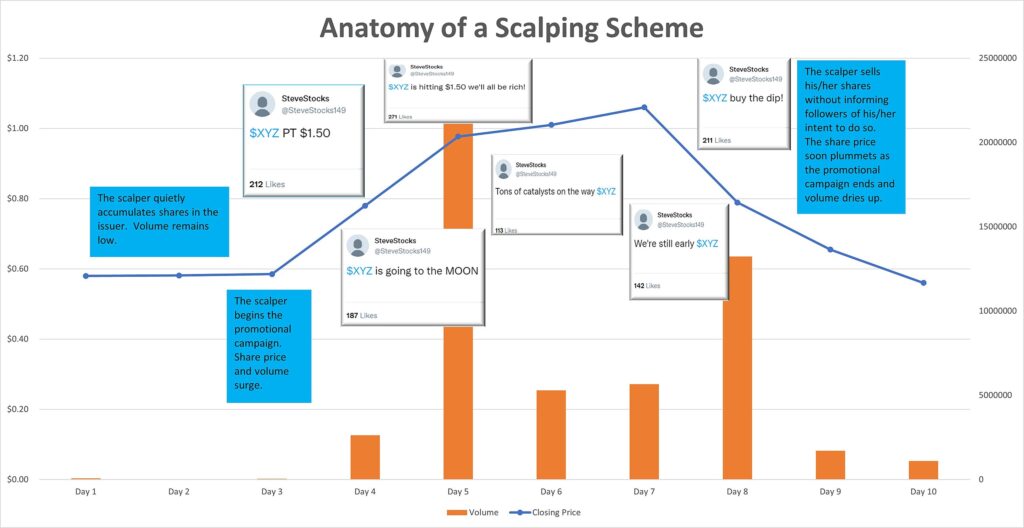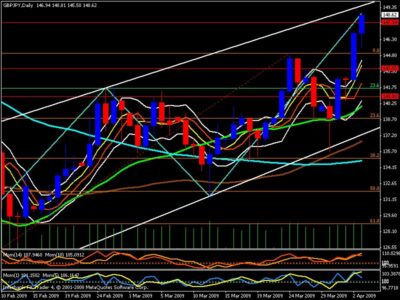
Forex Scalping – Day Trading Your Way to Huge Profits
Forex scalping is a popular day trading strategy that involves making numerous quick trades to capitalize on small price movements in the foreign exchange market. This high-frequency trading approach aims to accumulate small profits multiple times throughout the day. While it can be a potentially lucrative method, it suits a particular type of trader and requires a disciplined approach.
Understanding Forex Scalping
Forex scalping involves opening and closing trades within short timeframes, often just a few minutes or even seconds. Traders who employ this strategy typically aim for small profits from each trade while also managing the risks associated with frequent trading.
One of the key principles of forex scalping is to take advantage of price fluctuations in highly liquid currency pairs. The goal is to identify and act on short-term market inefficiencies to generate rapid and consistent profits, often through the use of technical analysis indicators and chart patterns.
Pros and Cons of Forex Scalping
Pros
- Quick Profits: By making multiple trades in a day, scalpers aim to accumulate profits rapidly.
- Liquidity: As forex is the most liquid market globally, there are ample opportunities for scalpers to enter and exit trades swiftly.
- Reduced Exposure: Since positions are typically held for a short time, scalpers are less exposed to overnight or weekend market risks.
Cons
- Trading Costs: The high frequency of trades can lead to increased transaction costs, such as spreads and commissions.
- Stressful: The quick pace and intense focus required for scalping can lead to high levels of stress and emotional strain.
- Market Noise: Short-term price movements can often be driven by market noise, making it challenging to differentiate between genuine trends and temporary fluctuations.
Tips for Successful Forex Scalping
- Choose the Right Broker: Select a broker that offers tight spreads, fast execution, and minimal slippage for scalping strategies.
- Use Technology: Utilize advanced trading platforms and tools to help with quick trade execution and analysis of short-term market movements.
- Risk Management: Implement tight stop-loss orders to cap potential losses and have a clear risk-reward ratio for each trade.
- Stay Informed: Keep an eye on economic releases, news, and events that may have an immediate impact on currency markets.
- Discipline: Stick to a predefined trading plan and avoid emotional decision-making during fast-paced market conditions.
Conclusion
Forex scalping can be an appealing strategy for traders who thrive in fast-paced, high-intensity trading environments. However, it requires a specific skill set, focused mindset, and a thorough understanding of technical analysis. Traders should assess their risk tolerance and trading style to determine if forex scalping aligns with their objectives and capabilities. Like any trading strategy, forex scalping involves risks, and traders should carefully consider these factors before diving into this dynamic trading approach.





